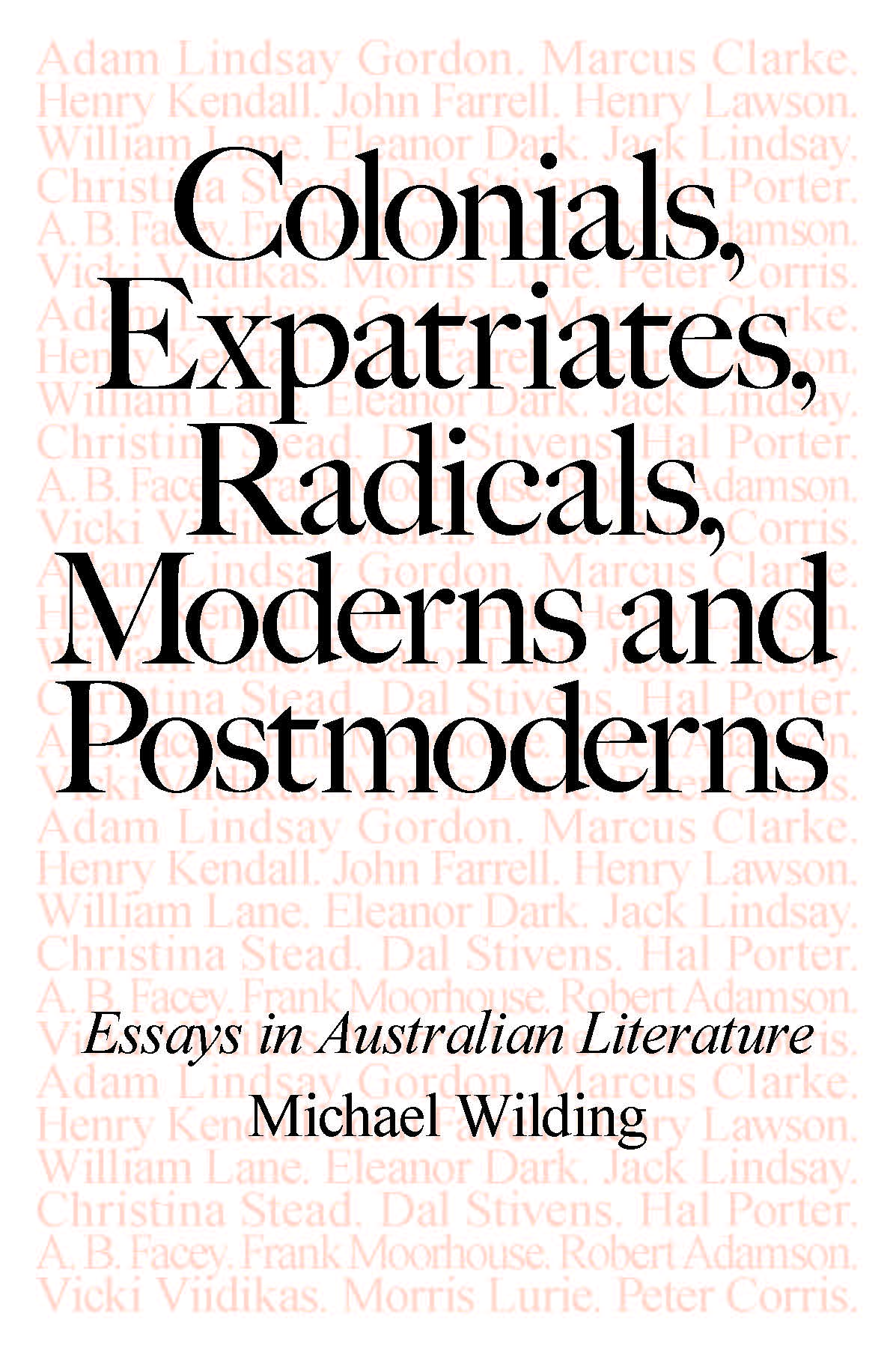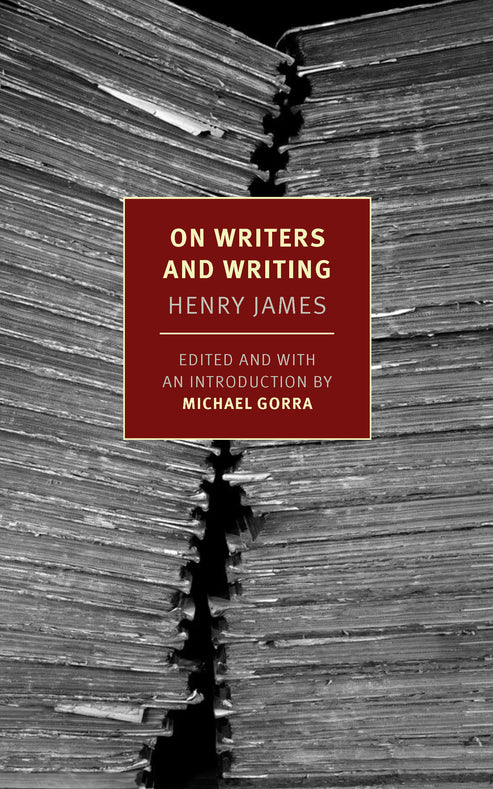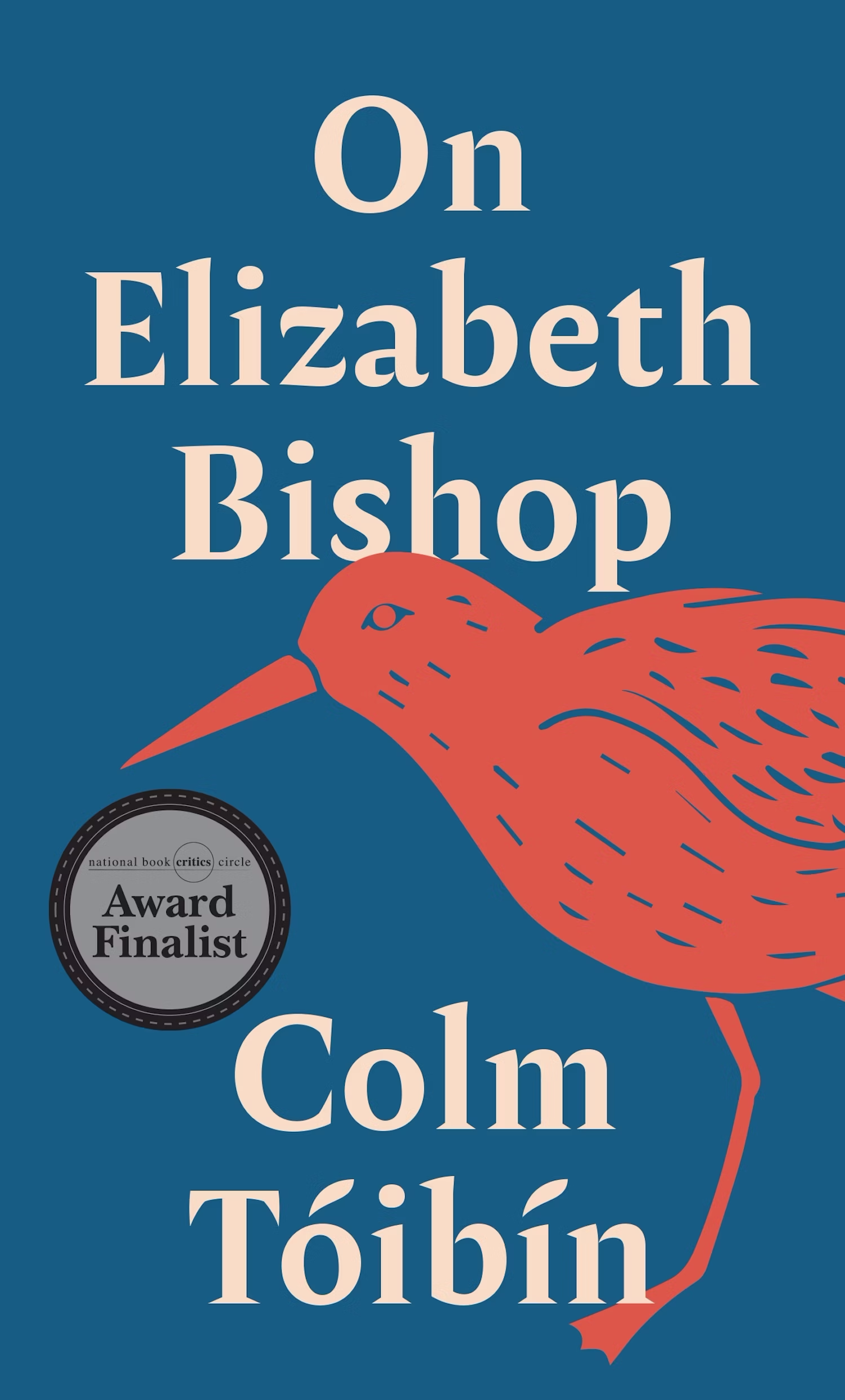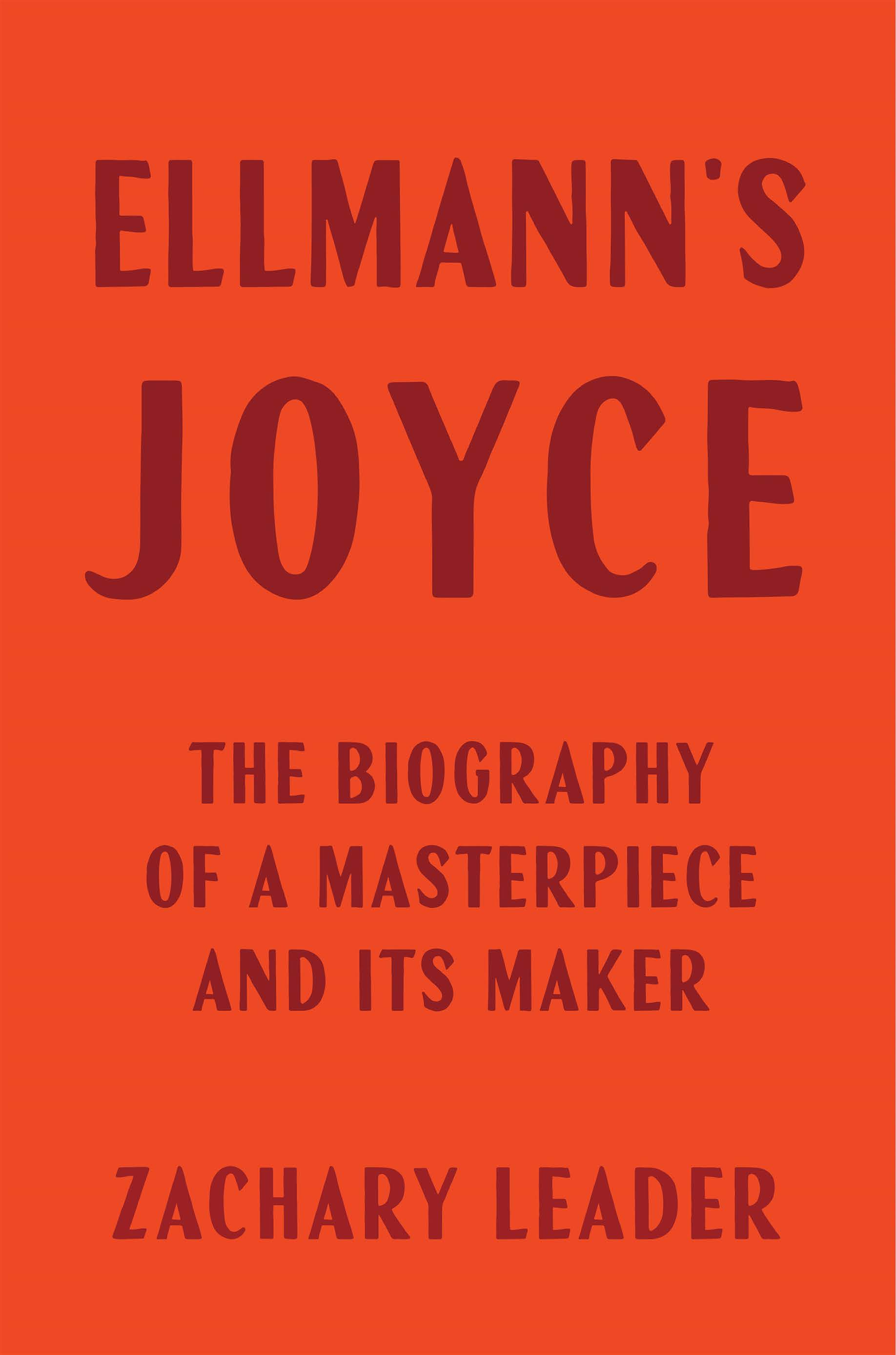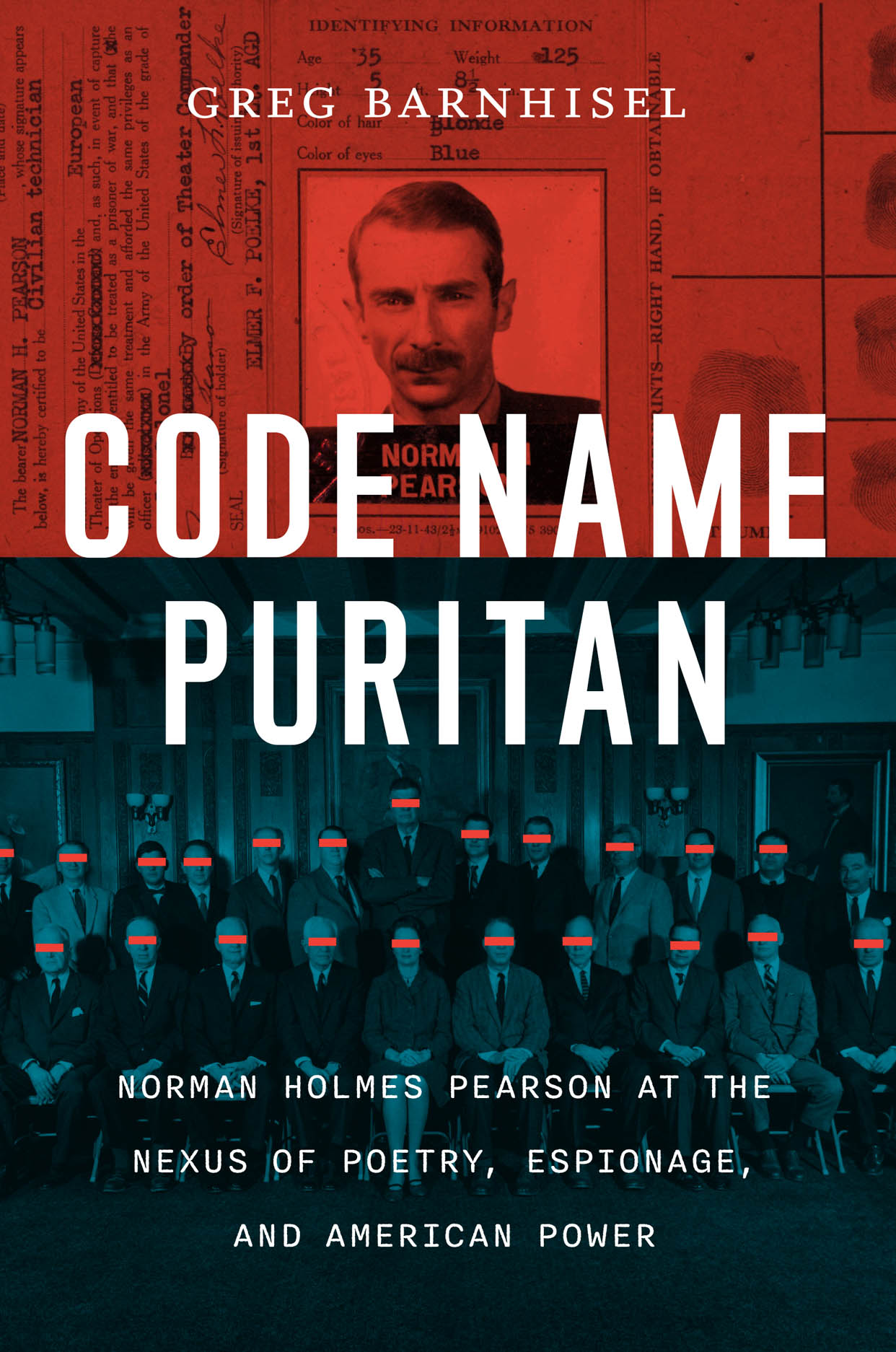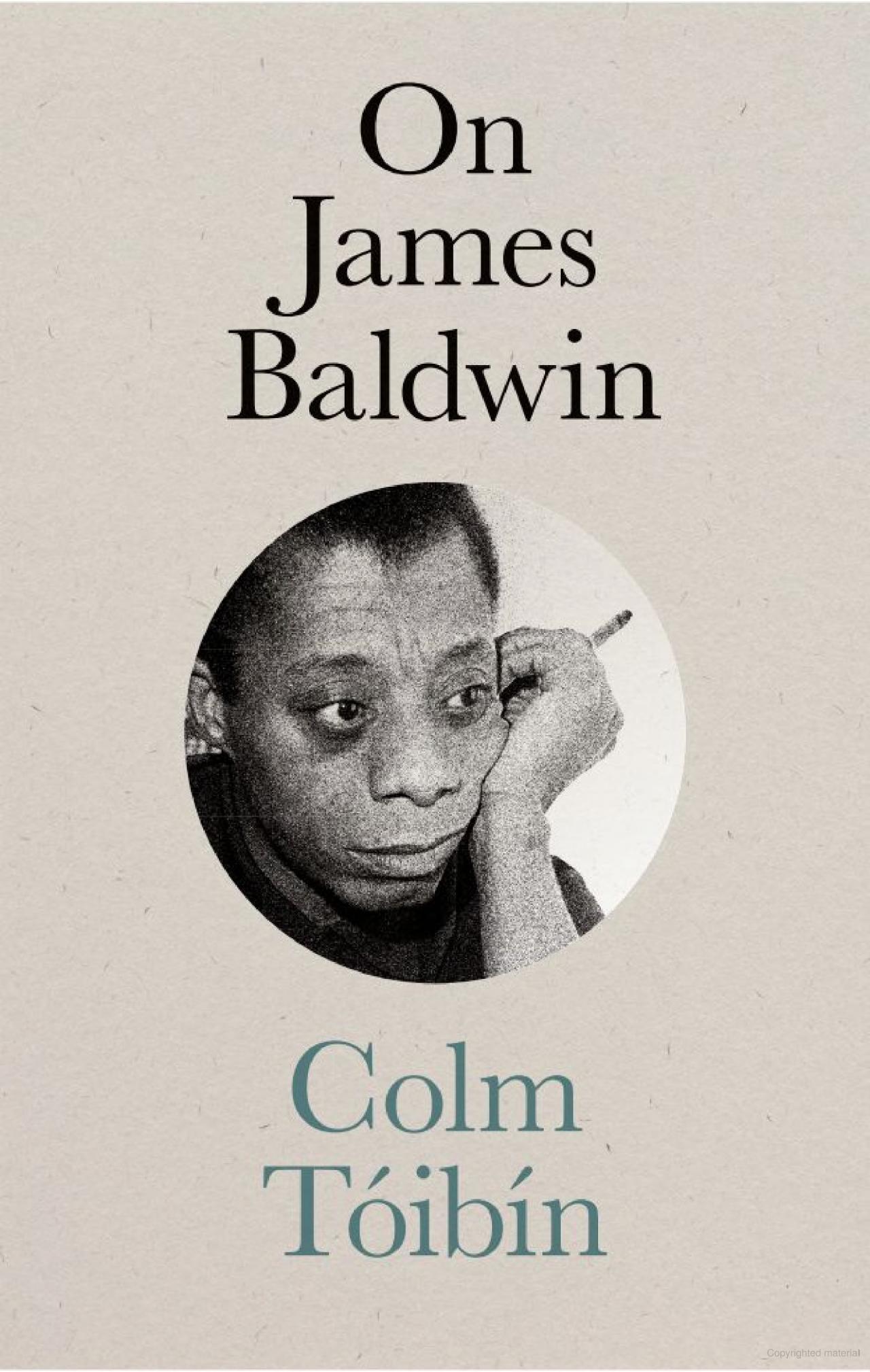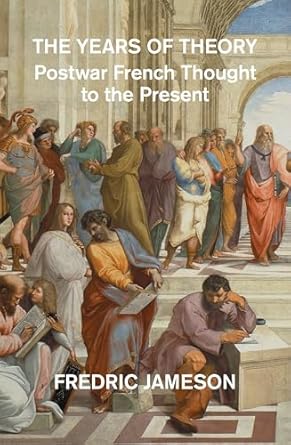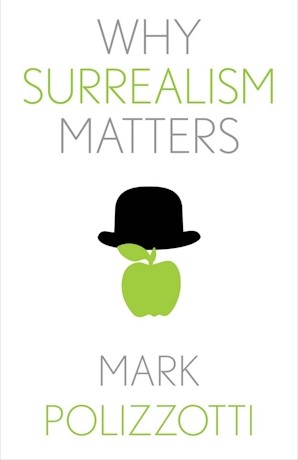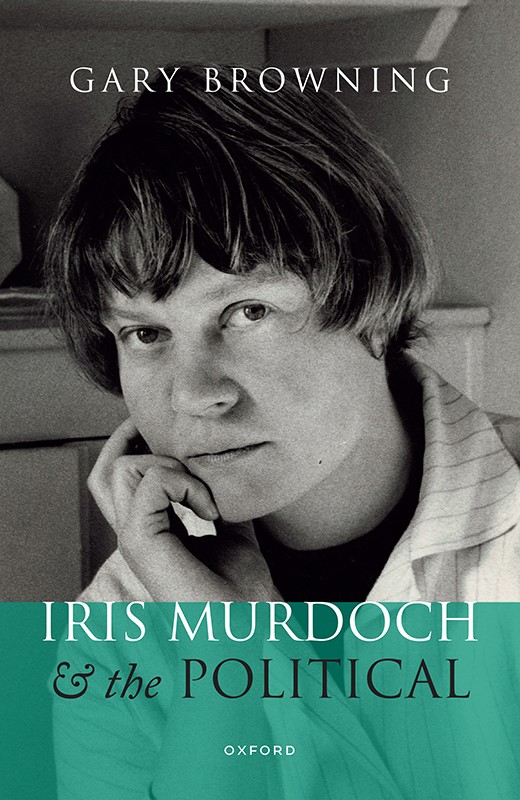Literary Studies
Colonials, Expatriates, Radicals, Moderns and Postmoderns: Essays in Australian literature by Michael Wilding
Anyone who has read Michael Wilding’s book Milton’s Paradise Lost (1969) will remember what an intelligent and generous critic he is. That book was part of the revival of Milton scholarship in the 1960s, with its skilful reading of the poem’s enigmas: Satan’s humanness, the problems with God. It was also cheering to read Wilding’s scolding of T.S. Eliot and F.R. Leavis for their superficial and prejudicial readings of the poem.
... (read more)On Writers and Writing by Henry James and edited by Michael Gorra & Henry James Comes Home by Peter Brooks
The New York Review Classics series has done much to keep canonical writers in print, having already published in smart paperback editions three lesser-known novels by Henry James: The Other House, The Outcry, and The Ivory Tower. These two new additions to the series, a selection of James’s essays ‘on writers and writing’, edited by eminent James scholar Michael Gorra, and a critical discussion of James’s The American Scene by Yale emeritus professor Peter Brooks, make further valuable contributions to the NYRB library.
... (read more)What is truth in poetry? This unanswerable question is central to Colm Tóibín’s meticulous and attentive reading of American poet Elizabeth Bishop’s poetry. First published in 2015, its thirteen chapters examine her poetry and its relationship to her life through an overarching lens of telling the truth in poetry, the power of the unsaid, and the impact of this on Tóibín’s own writing.
... (read more)Ellmann’s Joyce: The biography of a masterpiece and its maker by Zachary Leader
As its subtitle suggests, Ellmann’s Joyce: The biography of a masterpiece and its maker is two books in one. Zachary Leader spends the first half recounting the early life and career of Richard Ellmann (1918-87), one of the great luminaries of postwar literary studies. The second half delivers the promised ‘biography of a masterpiece’, in the form of a detailed account of Ellmann researching and writing his most celebrated work, James Joyce (1959; revised 1982), a book still considered a monument of Joycean scholarship and a paragon of the literary biographer’s art.
... (read more)For many, Marcel Proust (1871–1922) is the supreme European writer of the twentieth century. His seven-volume masterpiece, À la recherche du temps perdu (1913–27), is astonishing in the range of its themes and ideas. It is a philosophical novel about time, memory, imagination, and art; a psychological novel about sexuality, love, and jealousy; a sociological novel about how the social world is organised into groups and how our identities are formed by those groups; a political novel containing acute analyses of class perceptions, social mobility, racism, homophobia, and war; and a comic novel of manners, character, and language. In Search of Lost Time (as it is now commonly translated) is also a boldly experimental novel, quite unlike what contemporary readers understood to be a work of fiction. Proust is a key figure in the development of modernism: he redefined the boundaries of fiction, breaking open the French heritage of realism by shifting the focus of the novel from ‘the real’ to the creative mind of the novelist.
... (read more)Code Name Puritan: Norman Holmes Pearson at the nexus of poetry, espionage, and American power by Greg Barnhisel
In his brief Foreword to H.D.’s posthumous collection, Hermetic Definition (1974), Yale Professor Norman Holmes Pearson (1909-75) provides an authoritatively crystalline summary of the poet’s life’s work. Asserting the primacy of her later poetry, the ‘war trilogy’ (1942-44) and Helen in Egypt (1961), Pearson recovers H.D. from her accepted but ‘inadequate’ typecasting as an Imagist, identifying her deployment of Freud as ‘a great mythologist’ in her highly personal engagement with hermetic and kabbalistic sources.
... (read more)Colm Tóibín has that special distinction among contemporary writers of being both a first-rate novelist and an acutely discerning critic. In recent years, as well as publishing some magnificent novels, among them Brooklyn (2009), Nora Webster (2014), and Long Island (2024), he has written searching critical studies of other writers, including Elizabeth Bishop (2015). His latest critical work, On James Baldwin, was published in 2024 to coincide with the centenary of Baldwin’s birth. It grew out of the Mandel Lectures in the Humanities that Tóibín delivered at Brandeis University, but it also draws on a long and passionate engagement with Baldwin’s work, including an essay on Baldwin and Barack Obama published in the New York Review of Books in 2008.
... (read more)The Years of Theory by Fredric Jameson & Inventions of a Present by Fredric Jameson
Fredric Jameson, who died in September 2024 at the age of ninety, was one of the great literary and cultural critics of our time. He spent most of his academic career at Duke University in North Carolina and published two books around the time of his death: Inventions of a Present just before, The Years of Theory just after. The first is a collection of essays on the novel originally written between 1972 and 2022, mostly for the London Review of Books and the New Left Review. The second is a transcript of a seminar series on French cultural thought between 1945 and the 1990s that Jameson taught at Duke in the first semester of 2021, at the age of eighty-six. These classes were recorded for posterity because they took place during the Covid era and were captured on the video technology he was using for teaching.
... (read more)Like its precursor movements in the modernist avant-garde (Futurism, Cubism, Dada), Surrealism was primarily initiated as an innovation in poetry. The central Surrealist activities were the collaborative experiments in automatic writing, influenced by psychologist Pierre Janet’s Psychic Automatism (1889) and, in poetics, by Pierre Reverdy’s theory of the image as ‘the juxtaposition of two more or less distanced realities’. These experiments, undertaken between 1919 and 1923 by André Breton and his associates (Phillippe Soupault, Louis Aragon, Paul Eluard, Robert Desnos, and others), provide the theoretical basis for Breton’s 1924 ‘Manifesto of Surrealism’, the main tenets of which he would follow consistently for the next forty years.
... (read more)In a letter to her friend Raymond Queneau in 1946, the twenty-seven-year-old Iris Murdoch asked, ‘Can I really exploit the advantages (instead of suffering the disadvantages) of having a mind on the border of philosophy, literature and politics?’ Well known as a philosopher and a novelist, Murdoch is less likely to be thought of as a political writer, though Gary Browning claims it to be the ‘simple truth’.
... (read more)
